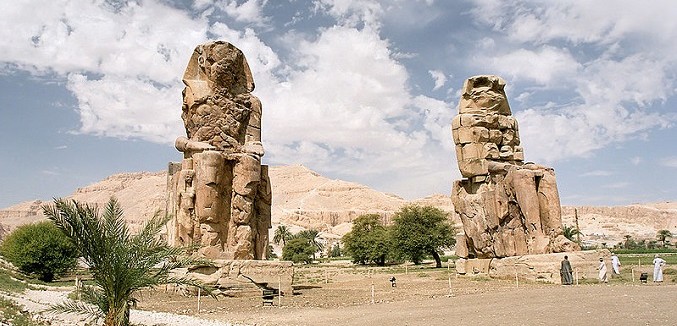More than one analyst has directly tied the decline and eventual ouster of former Egytpian president Mohammed Morsi to his administration’s mismanagement of the Egyptian economy. By the time Egyptian citizens launched the mass June 30 demonstrations that brought down Morsi’s government, fuel shortages were rampant and the country was down to two months of imported wheat.
As of this weekend Egyptian prosecutors are weighing literal criminal charges against Morsi for damaging the economy. A TIME article published yesterday called the situation the country’s “real disaster.”
The situation is doubly dangerous for Morsi because – per new analysis published by Lee Smith – the Egyptian economy was doing relatively well:
Leading up to Mubarak’s downfall, the Egyptian economy won high marks from the IMF and World Bank for more than half a decade for reforms implemented by a group of financiers and businessmen surrounding Mubarak’s youngest son, Gamal. It is likely that Gamal’s gang was corrupt (a relative term in Arab politics), but their reforms were able to win the confidence of the international community and attract foreign direct investment. When Mubarak was toppled, those policies were, too, because they were associated with the old regime.
[Photo: Blueshade / Wiki Commons]




